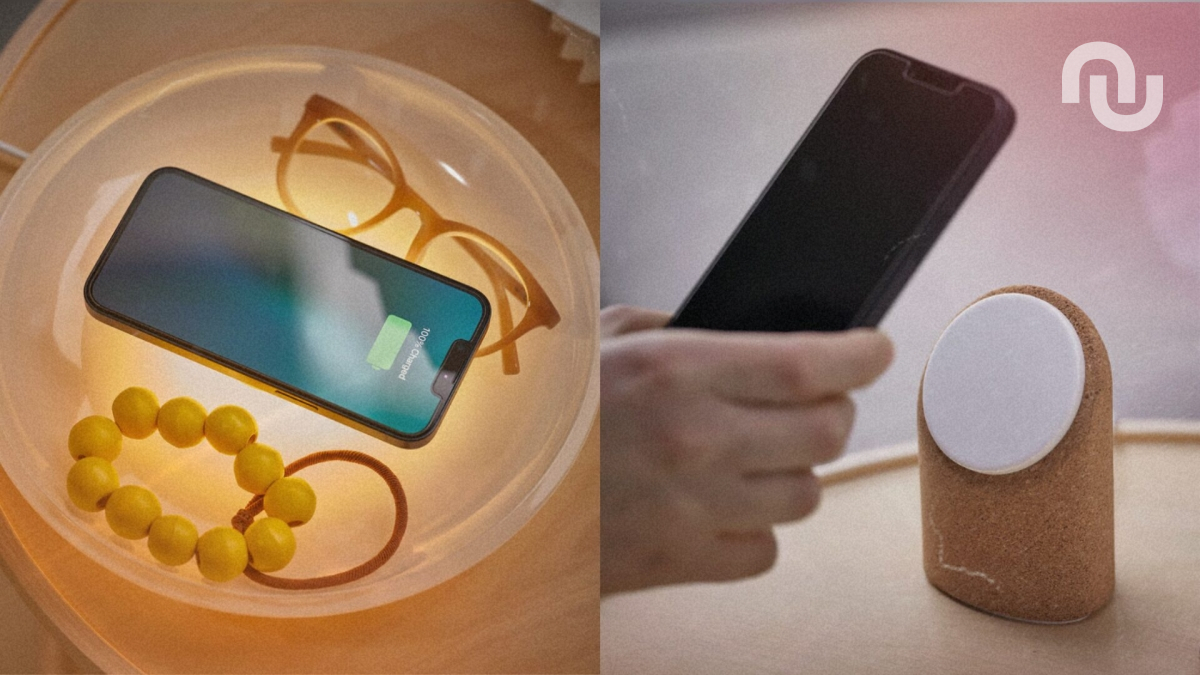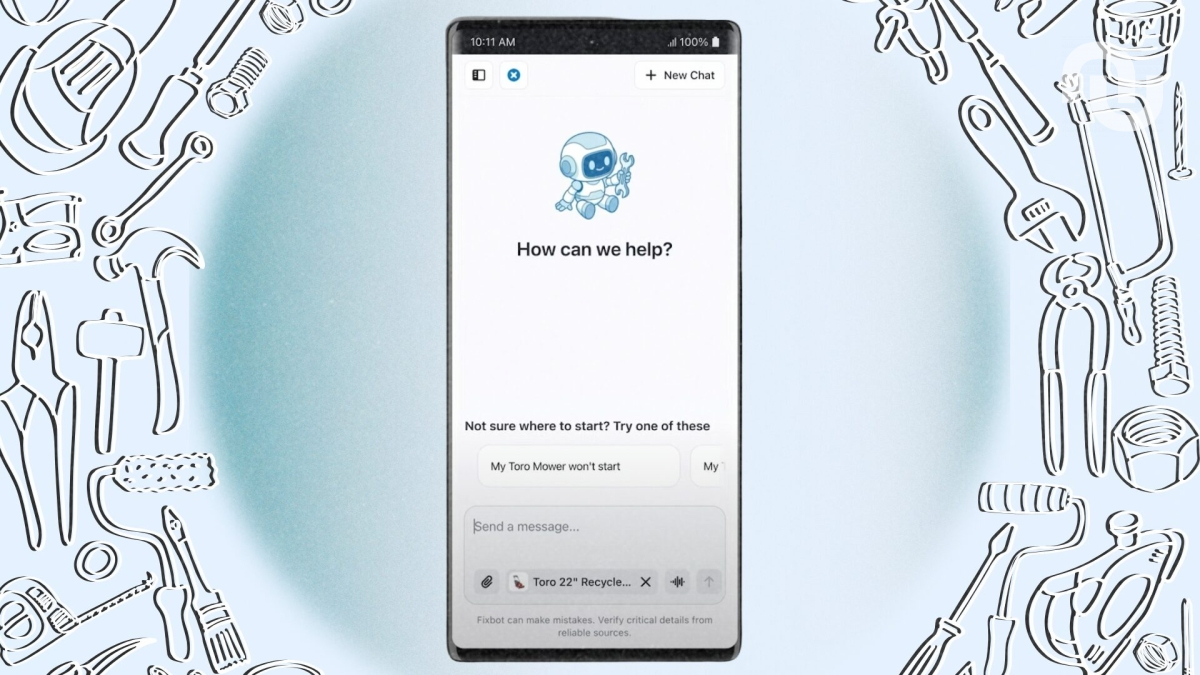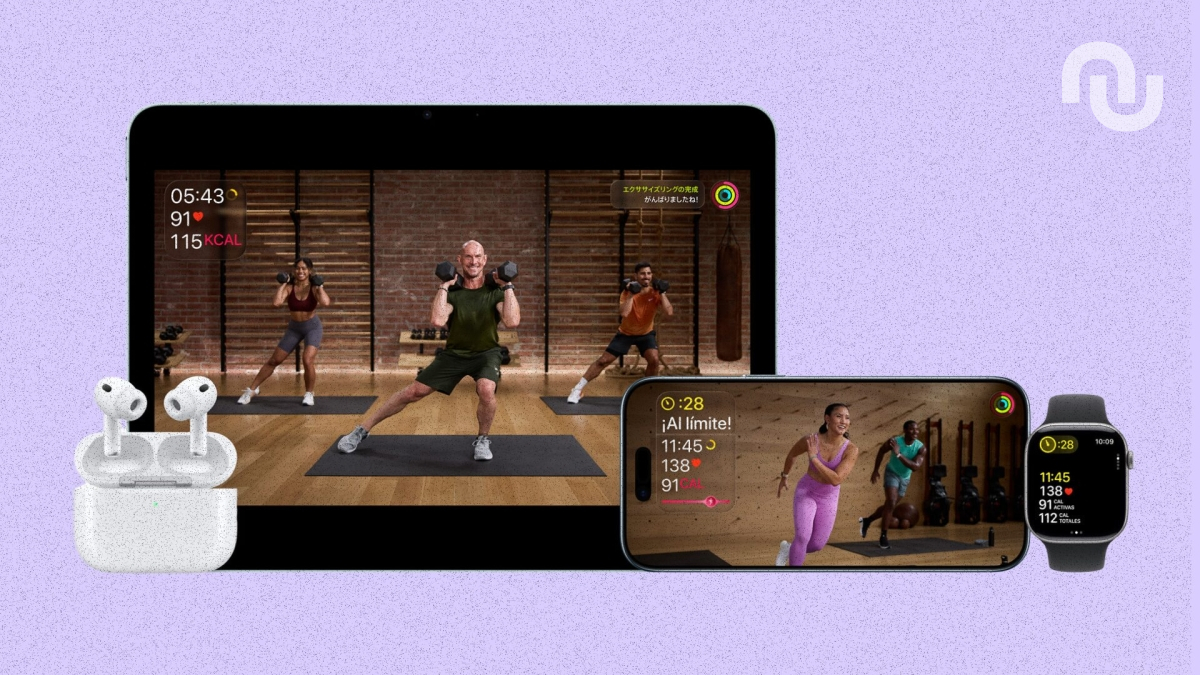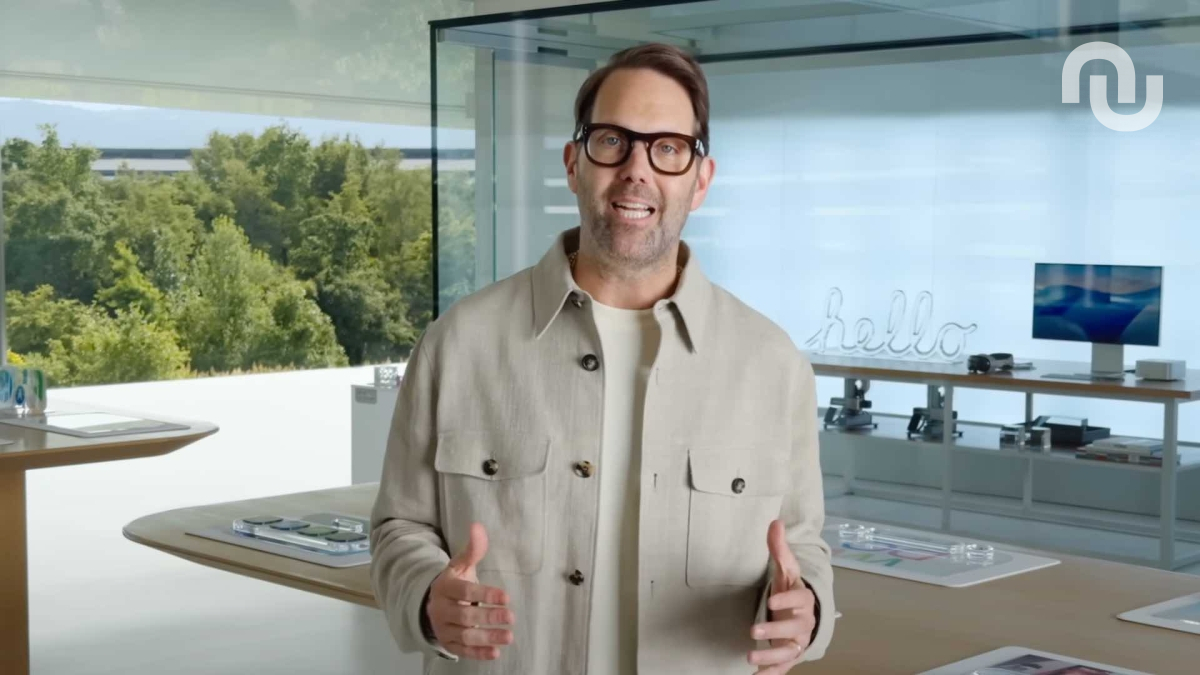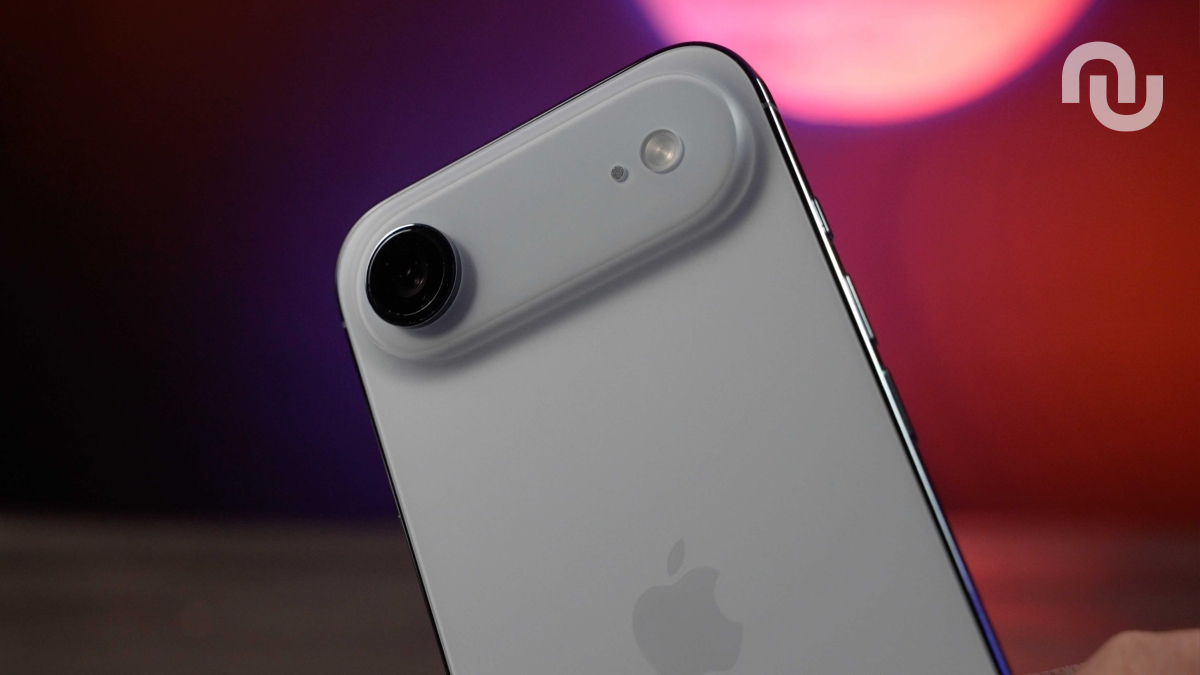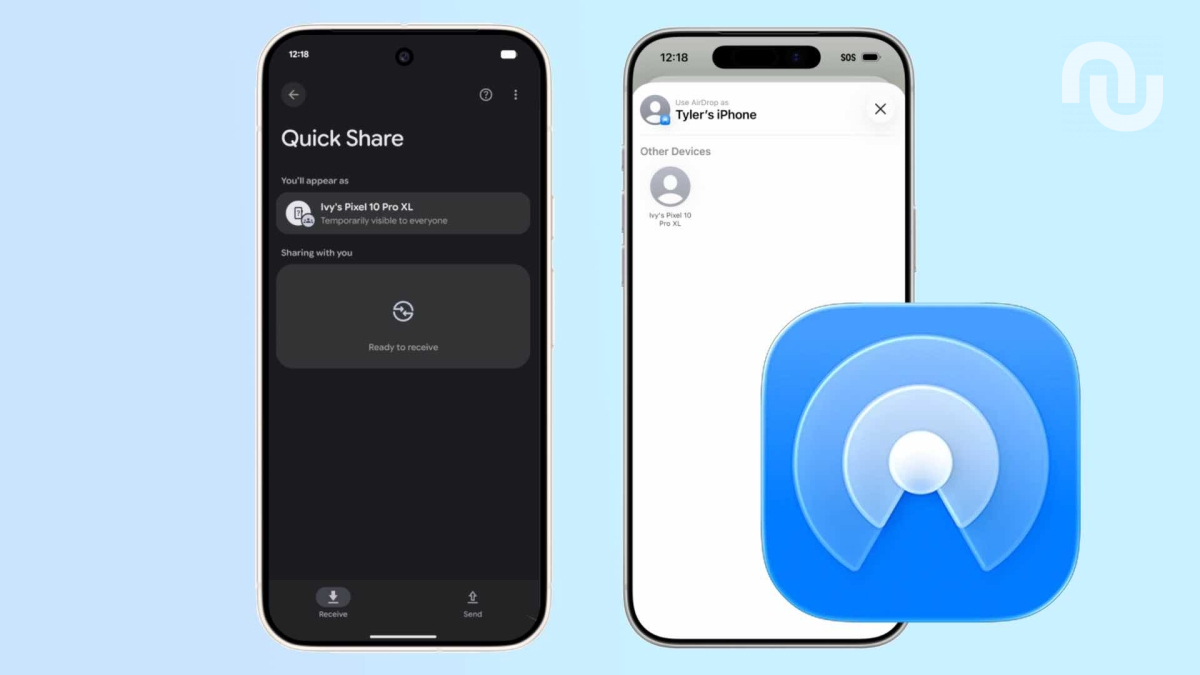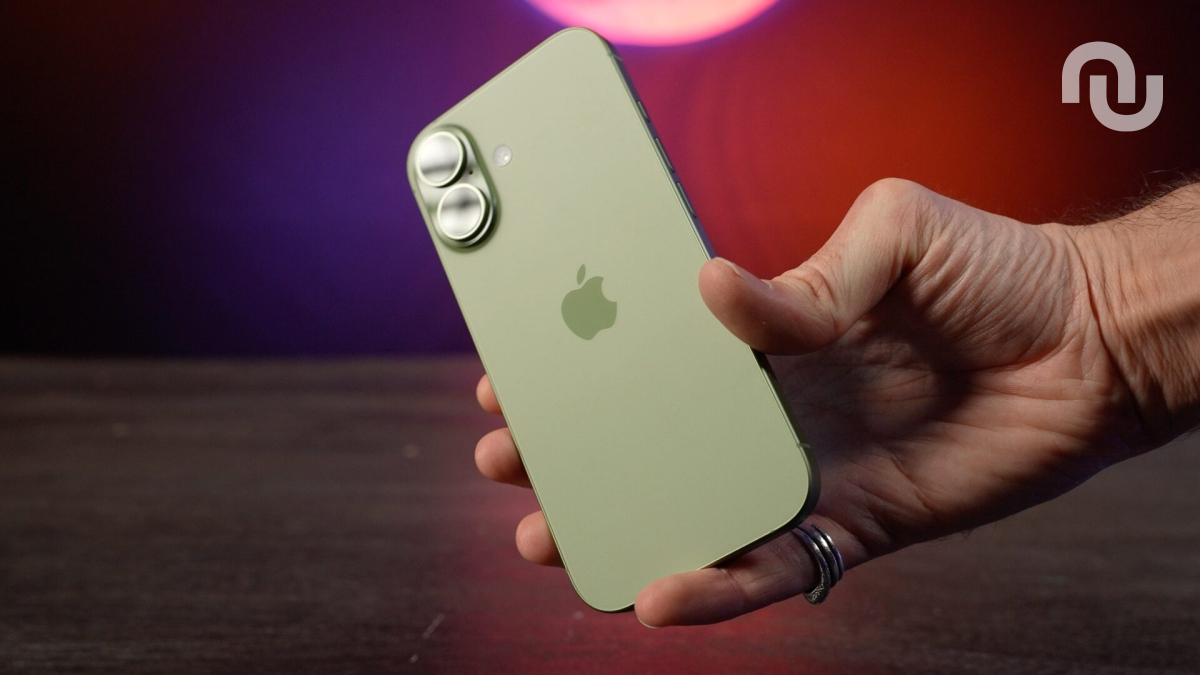Apple will retake its crown as the world's largest smartphone maker for the first time in more than a decade, lifted by the successful debut of a new iPhone series and a rush of consumers upgrading devices, according to Counterpoint Research. From a report: The iPhone 17 models introduced in September have been a hit both domestically in the US and in Apple's other critical market, China. They've enticed more people to upgrade, leading to double-digit year-over-year sales growth in both markets, according to the researchers. The US company also is benefiting from a cooling of US-China trade tensions and a depreciating dollar that has boosted purchases in emerging markets, they added. The growth will propel Apple past longtime rival Samsung this year, according to Counterpoint's figures. Shipments of the iPhone are set to grow at 10% in 2025, compared with 4.6% for Samsung.
Read more of this story at Slashdot.



